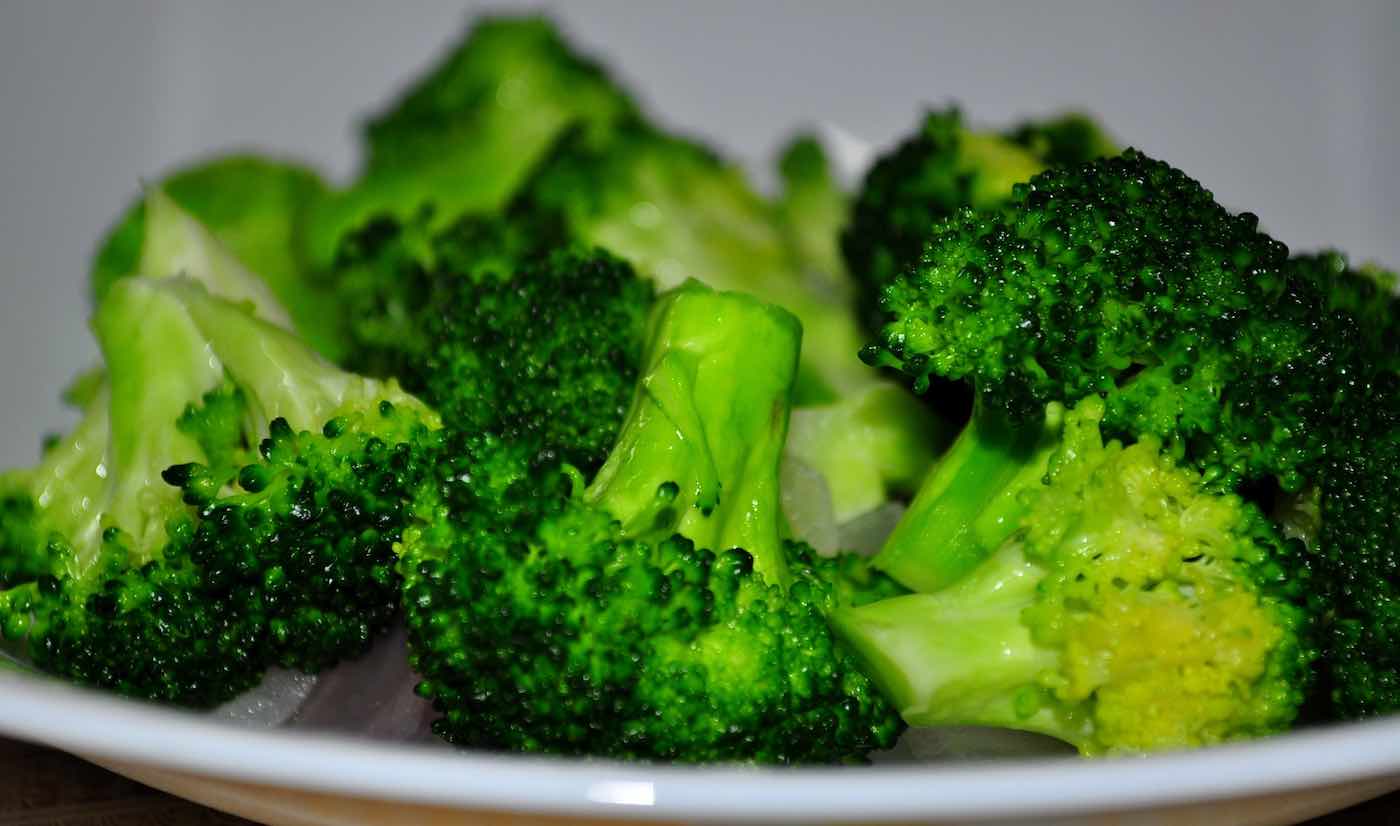If you didn’t already have enough reason to eat your vegetables, this new study says that broccoli contains an amazing ingredient which could be the “Achilles’ heel” of cancer.
Broccoli is part of the cruciferous vegetable family, which includes cauliflower, cabbage, kale and Brussels sprouts.
And though many people don’t like their taste—and they may not be good for nursing moms—these vegetables contain a tiny but powerful molecule that deactivates the gene responsible for cancerous tumor growth, known as WWP1.
Study lead author Dr. Pier Paolo Pandolfi, director of the Cancer Centre and Cancer Research Institute at Beth Israel Deaconess Medical Center, said the discovery could pave the way for new cancer treatment.
RELATED: Two Scottish Entrepreneurs Are Working to Replace Palm Oil With the Oil From Used Coffee Grounds
“The study’s really exciting,” Pandolfi told the Harvard Gazette. “I’ve been bombarded by journalists — because of the broccoli connection, let’s be honest. Forget what you think about the science, the fact that [we found] something that your grandma would say [is] good for you, it’s appealing.”
Pandolfi and his team suspected that a gene called PTEN could cause irregularities and defects in WWP1.
Upon testing their theory on cancer-prone mice and human cells, they discovered that WWP1 produces an enzyme that overpowers the tumor-suppressive activity of PTEN – but the scientists also found that there is a molecule found in cruciferous vegetables called indole-3-carbinol (I3C) that can reawaken the cancer-fighting properties of PTEN.
MORE: What You Never Learned About Fiber and Why It May Be Exactly What You Need for Stubborn Ailments
That being said, fellow study author Dr. Yu-Ru Lee emphasized that a person would have to eat nearly 6 pounds (2.7 kilograms) of uncooked Brussel sprouts every day in order to reap their anti-cancer benefits.
Regardless, Pandolfi told the Gazette says the discovery could be the key to unlocking “one of the most important tumor suppressors in the history of cancer genetics.”
WATCH: He Was Called Foolish for skachatkazino His Research; Now Documentary Tells How He Won Nobel Prize for ‘Cancer Cure’
“This pathway emerges not only as a regulator for tumor growth control, but also as an Achilles’ heel we can target with therapeutic options,” said Pandolfi. “These findings pave the way toward a long-sought tumor suppressor reactivation approach to cancer treatment.”
The team plans to continue their research to discover a more practical way to provide I3C to cancer patients and trigger tumor-suppressing properties in PTEN.
The study was published in the journal Science.
Serve Up The Fascinating Discovery To Your Friends By Sharing It To Social Media – File photo by Whologwhy, CC





















This is quite fascinating! The thought occurs – what if you could give people a concentrated amount of WWP1 in pill form?